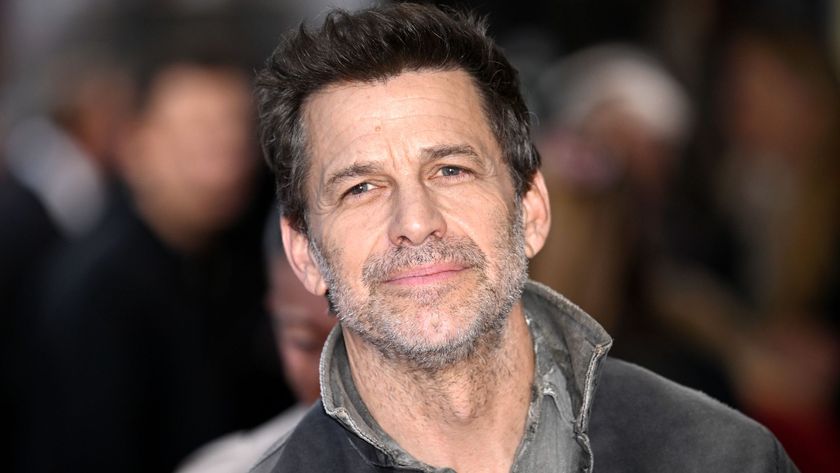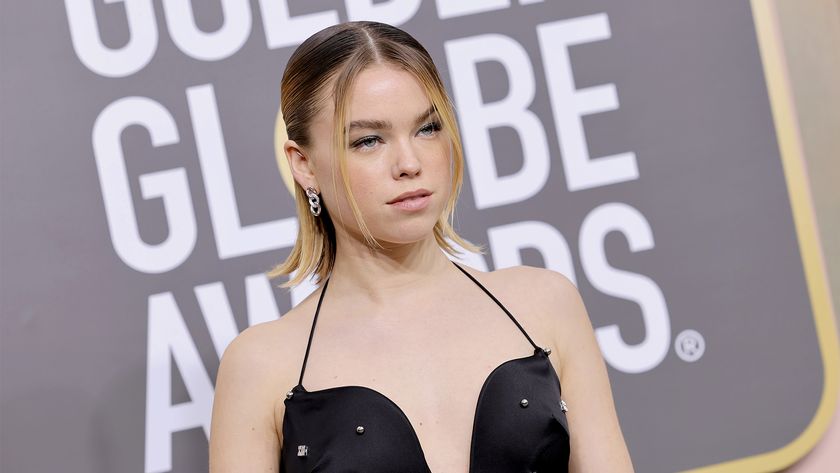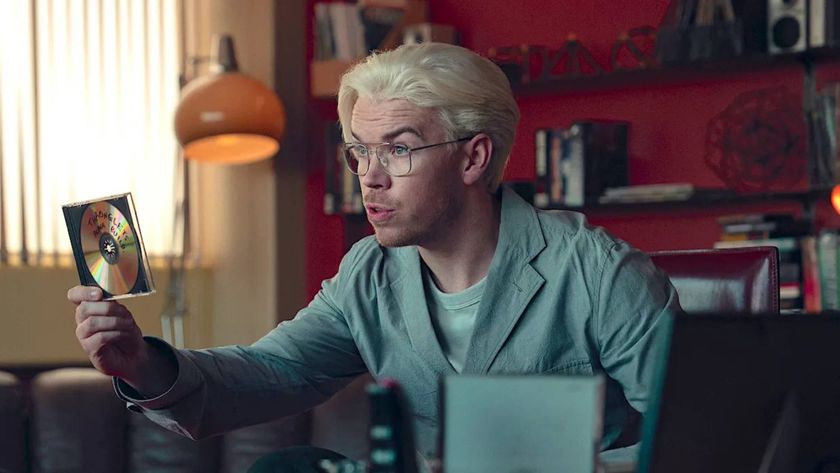50 Greatest Actors Turned Directors
Stars who stepped behind the camera
Gary Oldman
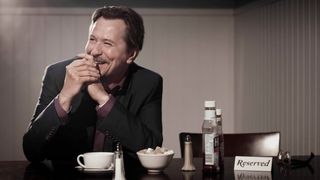
The Actor: British star whose career roughly divides into thirds: chameleonic impersonator of real-life figures; OTT Hollywood villain; mild-mannered good guy.
The Director: Just the one outing, but arguably the project that comes most from the heart - his semi-autobiographical portrait of growing up in London, Nil By Mouth .
Acting Vs Directing: Nil By Mouth 's gruelling depiction of domestic abuse chimed with the intensity of Oldman's early performances. It would be interesting to see what he comes up with should he direct again - something mellower?
Vittorio De Sica
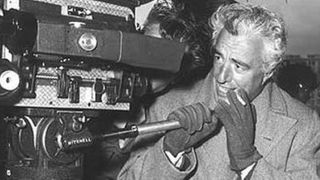
The Actor: Veteran Italian star who began his career in the silent era and successfully made the transition to talkies.
The Director: De Sica began directing himself from 1940 debut Rose Scarlatte onwards, before helping to revolutionise post-war cinema with neo-realist classics Bicycle Thieves and Umberto D .
Acting Vs Directing: The textbooks tend to focus on De Sica's achievements as a director, but he never stopped acting, appearing in classics like Max Ophüls' Madame De…
Harold Ramis
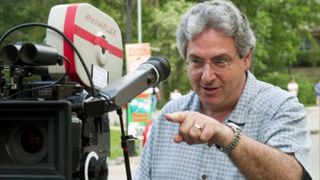
The Actor: Comedian who joined the influential Second City troupe in the 1970s before becoming a lead performer and writer on the TV and film output of National Lampoon .
Sign up for the Total Film Newsletter
Bringing all the latest movie news, features, and reviews to your inbox
The Director: Ramis hit the ground running with his acclaimed directorial debut Caddyshack and National Lampoon's Vacation .
Acting Vs Directing: Ramis has managed to keep both professions going without either dominating. On-screen, of course, he is best known for bustin' ghosts as Dr Egon Spengler; behind the camera, he achieved comedic perfection with Groundhog Day .
Mel Brooks
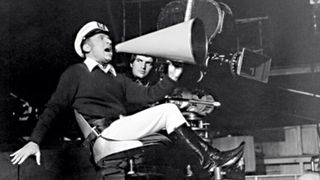
The Actor: Brooks was primarily a writer for TV comedy shows when an improvised routine he did with Carl Reiner, in which he played The 2000 Year Old Man, made him an unexpected star.
The Director: After co-creating TV show Get Smart , Brooks attacked cinema with one of the 1960s' greatest screen comedies, The Producers , winning an Oscar for his screenplay.
Acting Vs Directing: Brooks' film spoofs were a box office sensation during the 1970s (if less so afterwards). Discounting The Producers , the one constant was that Brooks also took a starring role.
Sydney Pollack
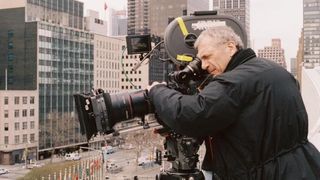
The Actor: New Yorker who made a living acting in TV shows like Alfred Hitchcock Presents , before making the transition to directing the same show.
The Director: Pollack was one of the generation of TV directors who took over Hollywood, making his debut with 1965's The Slender Thread before finding fame on a string of collaborations with Robert Redford during the 1970s and 1980s.
Acting Vs Directing: Pollack is remembered mostly as a director (with the reputation of Tootsie , in particular, growing all the time). But in his later years he resumed acting to great acclaim in Woody Allen's Husbands And Wives and Stanley Kubrick's Eyes Wide Shut .
Kenneth Branagh
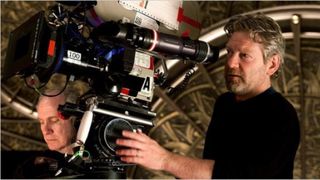
The Actor: Still only in his twenties, Branagh ruled British theatre during the 1980s, leading to his anointment by critics as "the new Olivier."
The Director: The new Olivier? Branagh went for it, putting his own spin on Shakespeare ( Henry V , Hamlet ) en route to a varied Hollywood career that went from the low of Mary Shelley's Frankenstein to the high of Thor .
Acting Vs Directing: Branagh likes to display his versatility behind the camera as much as in front of it, but his increasing class and maturity is most apparent these days as an actor - not least when he actually played Olivier in My Week With Marilyn .
Warren Beatty
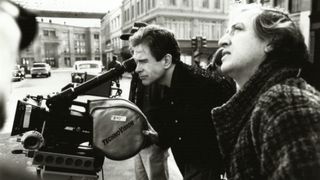
The Actor: Pretty boy with a near-mythical penchant for the ladies, Beatty served notice of his ambition by producing as well as starring in era-defining classic Bonnie And Clyde .
The Director: It was only a matter of time, but Beatty finally took a directing credit (alongside Buck Henry) for 1978's Heaven Can Wait . In doing so, he became the first person since Orson Welles to be Oscar nominated for producer, director, actor and writer on the same film, and then he did it again with Reds .
Acting Vs Directing: Notoriously picky and perfectionist, Beatty has only starred in eight films since the mid-1970s, four of which he also directed. As a rule of thumb, those he directed have been better than those he didn't.
Ernst Lubitsch
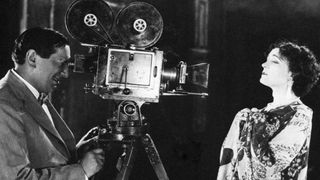
The Actor: Berlin-born Lubitsch earned his spurs acting in Max Reinhardt's Deutsches Theater and made his film debut as an actor in 1912.
The Director: Lubitsch quickly gravitated to directing his own performances and - by the time he moved to Hollywood in the 1920s - had largely disappeared behind the camera entirely.
Acting Vs Directing: Lubitsch was a pioneer in screen comedy, known for bringing his delicate, romantic 'touch' to all of his films. Undoubtedly, his own experience of acting helped him to get the most out of his stars.
Christopher Guest
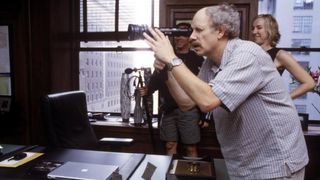
The Actor: An actual aristocrat - he's a Baron - Guest spent a decade in obscurity with bit parts in the likes of Death Wish before helping to revolutionise screen comedy as star and co-writer of This Is Spinal Tap .
The Director: Guest's debut was the conventional comedy The Big Picture , but he's found his style since by returning to the mockumentary format he helped Rob Reiner to pioneer on Spinal Tap .
Acting Vs Directing: Indistinguishable, to the point where it often surprises people that Guest didn't direct Tap .
Gene Kelly
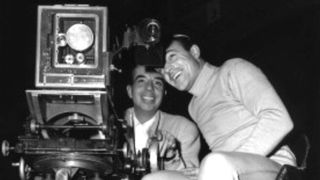
The Actor: Stage dancer who became the leading man of the Freed Unit at MGM, starring in musicals like Anchors Aweigh and The Pirate .
The Director: With co-director Stanley Donen, Kelly revolutionised the screen musical by heading on location for On The Town , and then made its finest hour, Singin' In The Rain .
Acting Vs Directing: Kelly is first and foremost a star, although he continued to choreograph his routines in films for other directors, notably An American In Paris .
